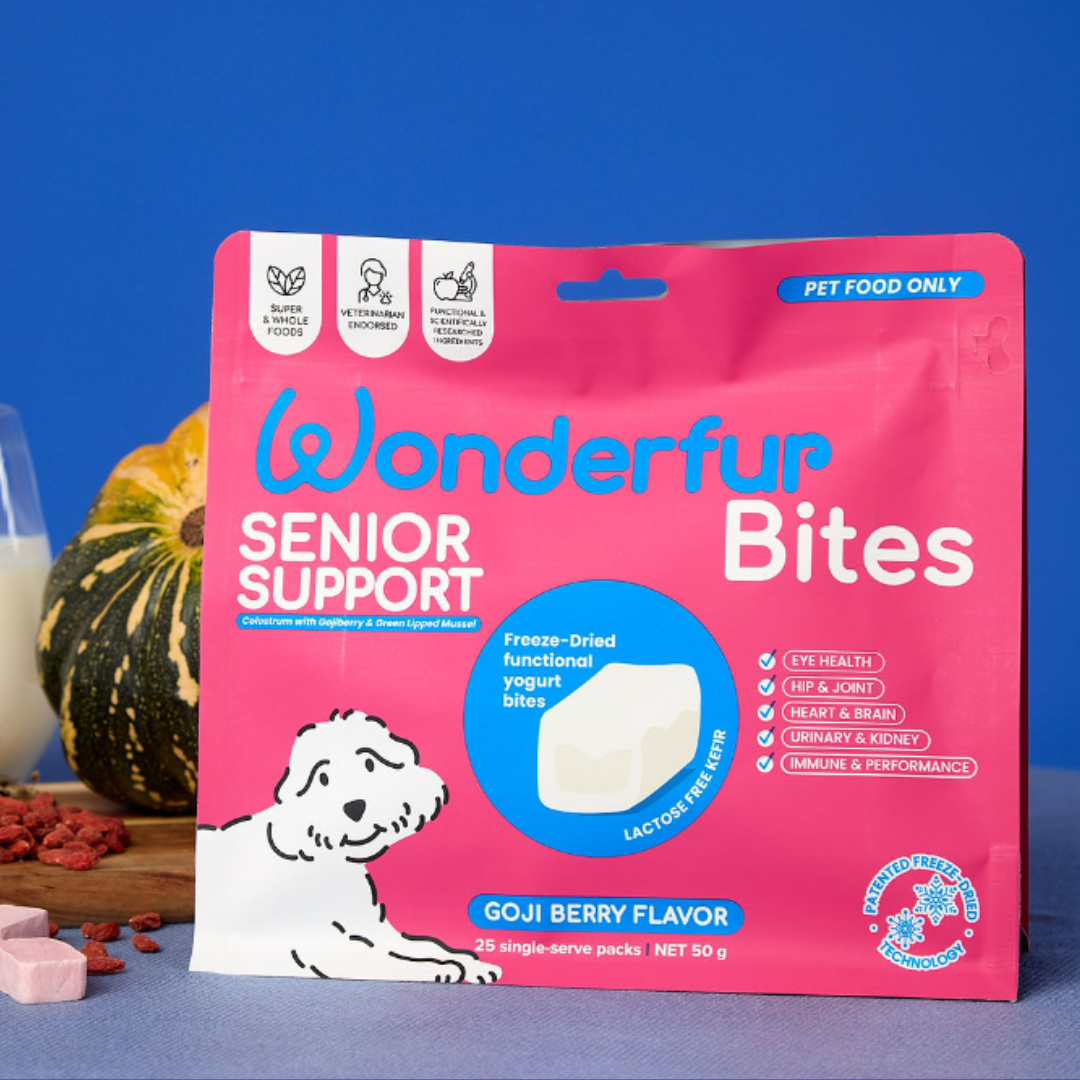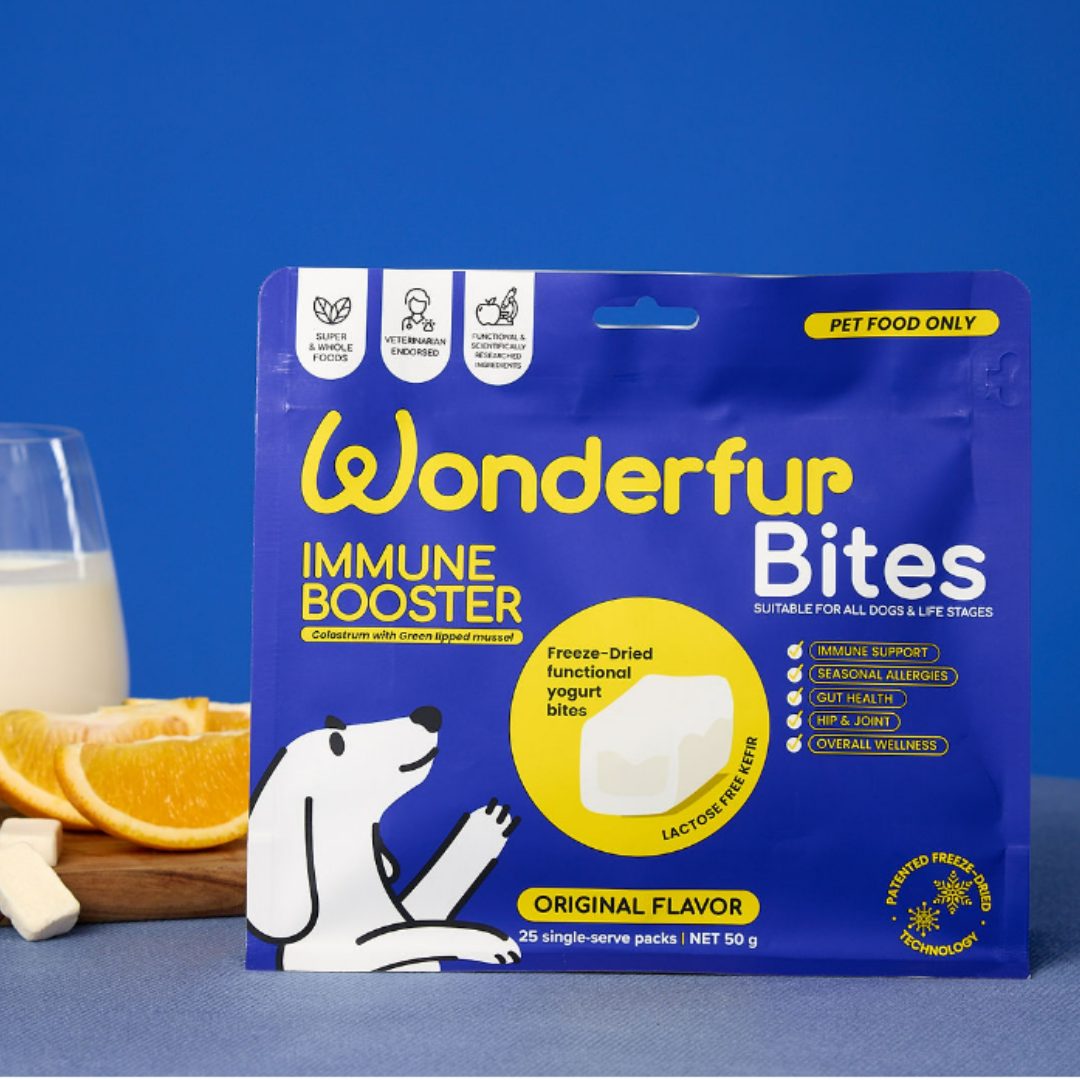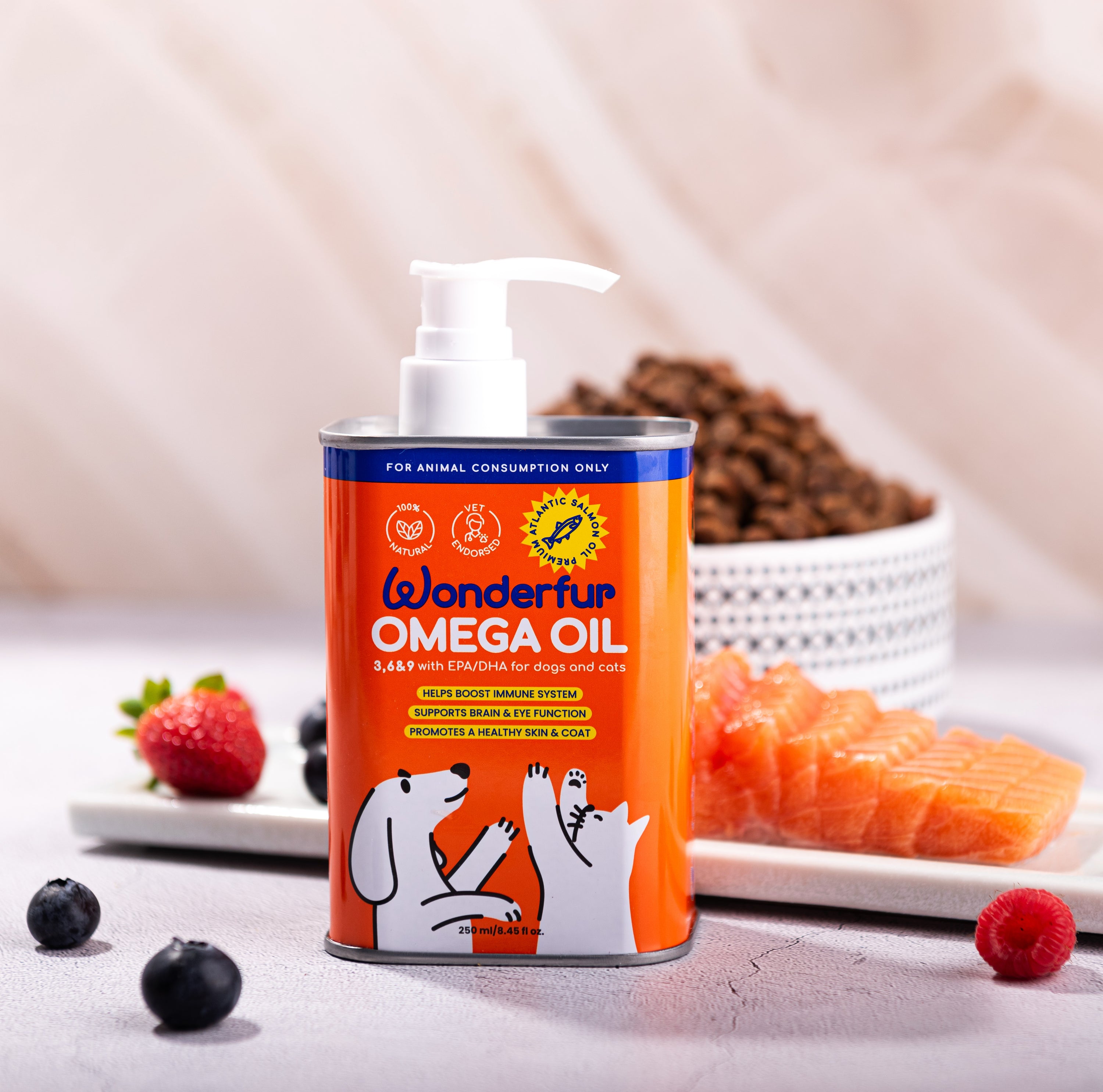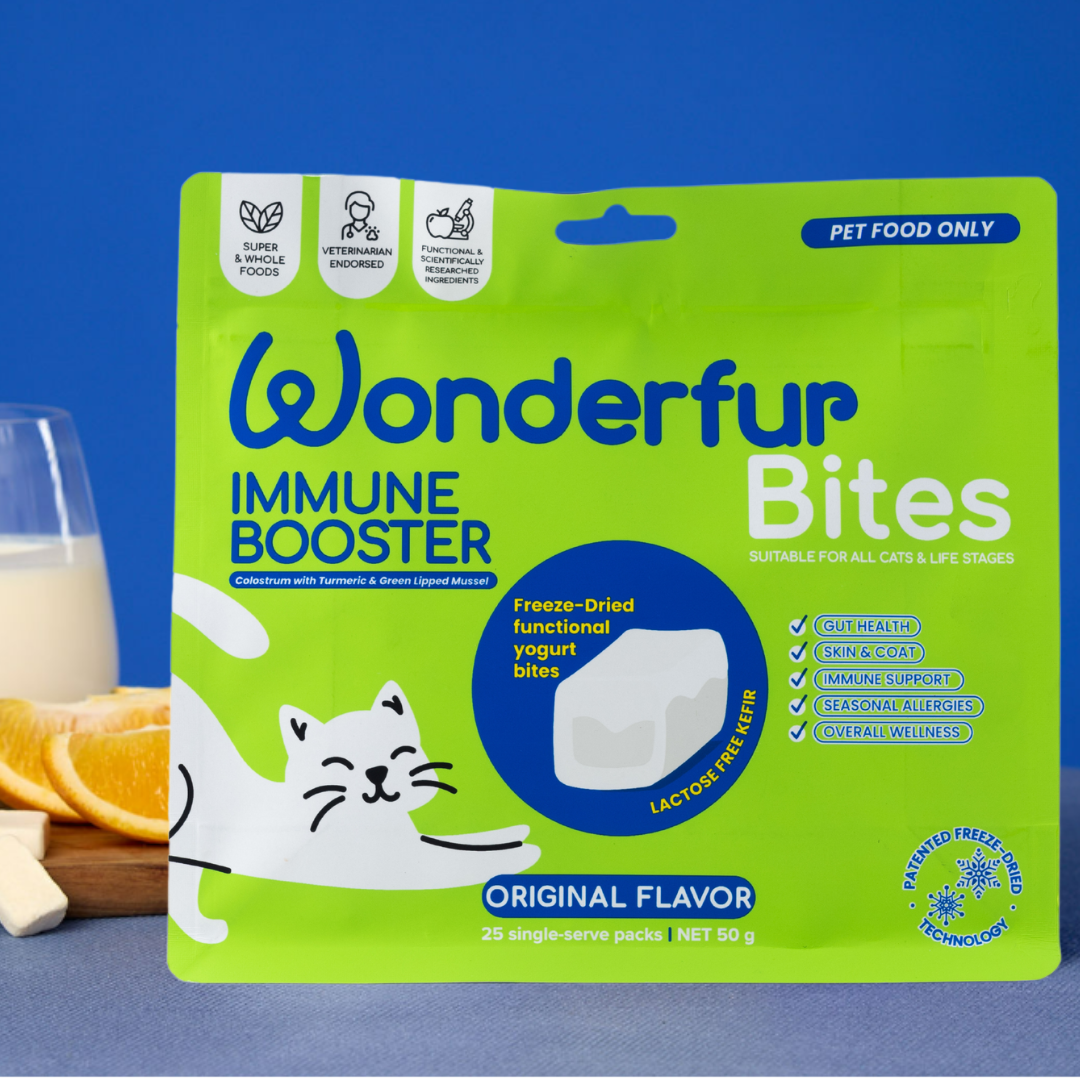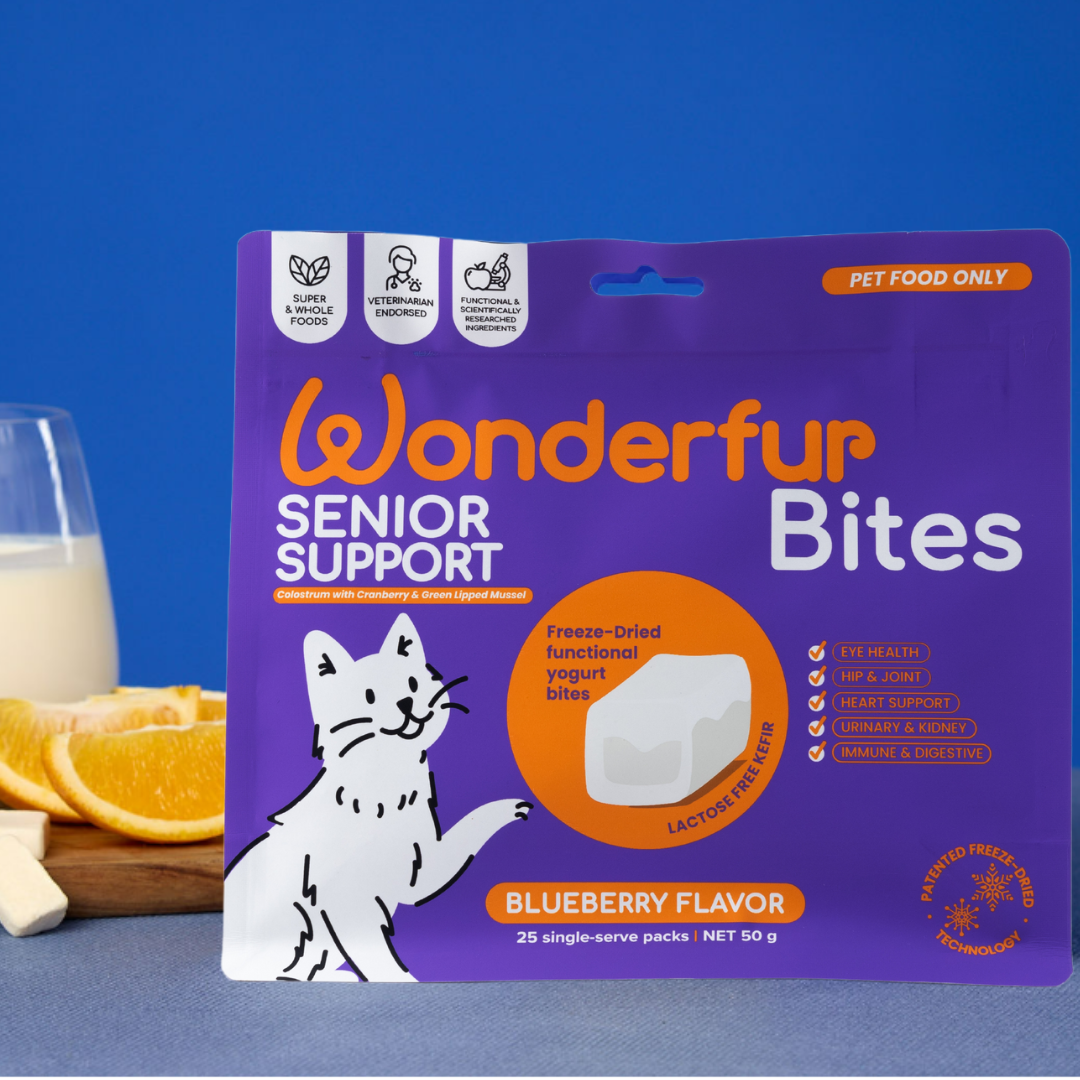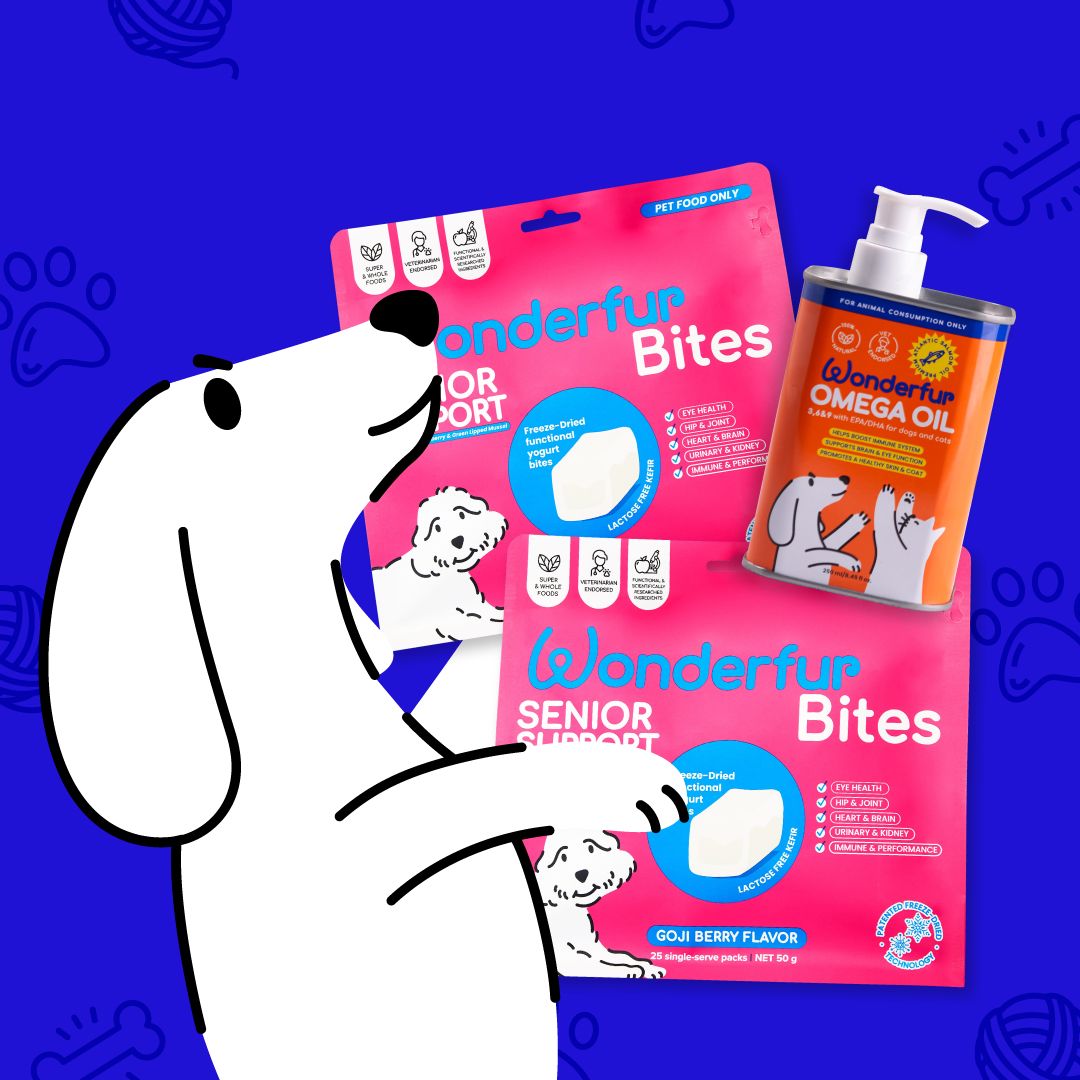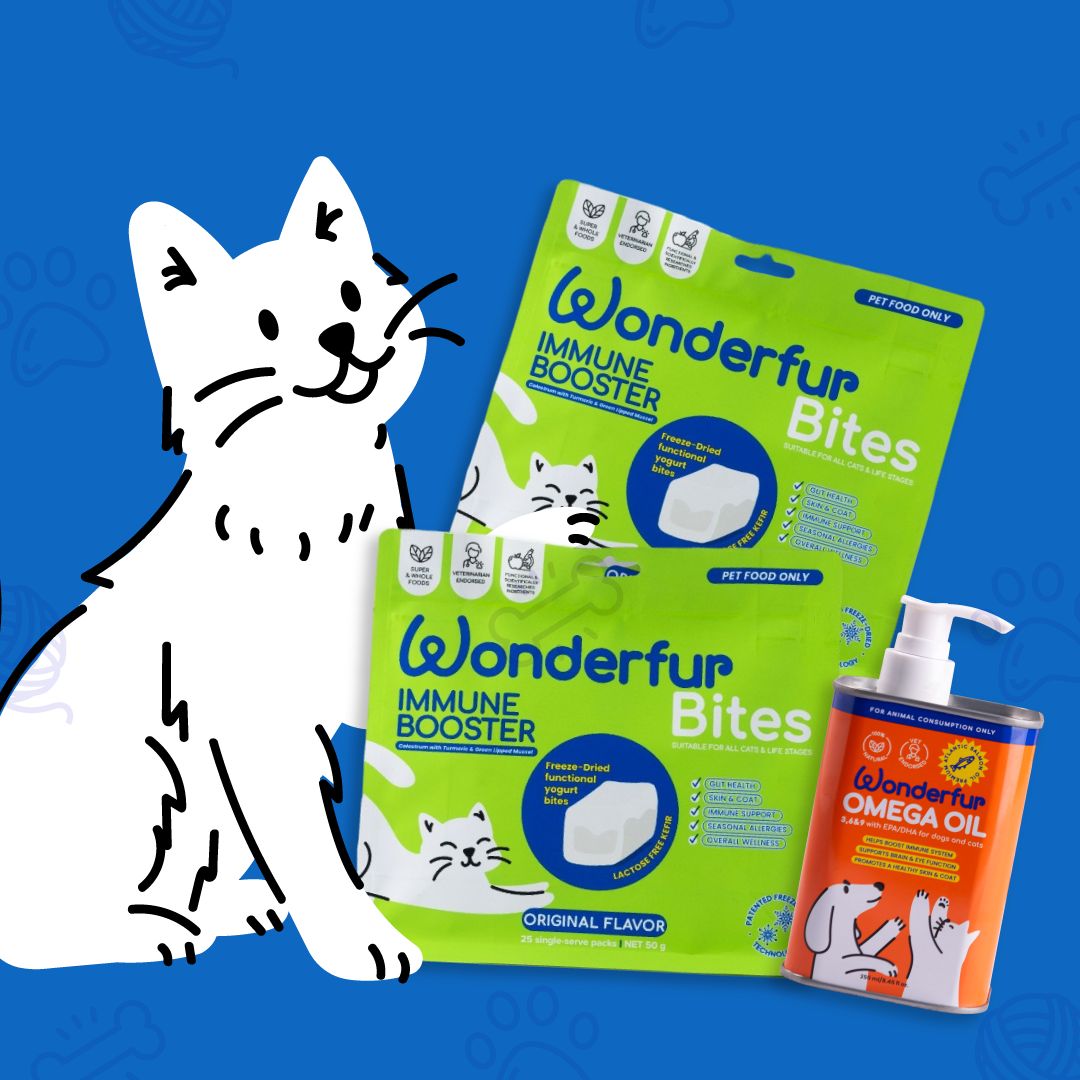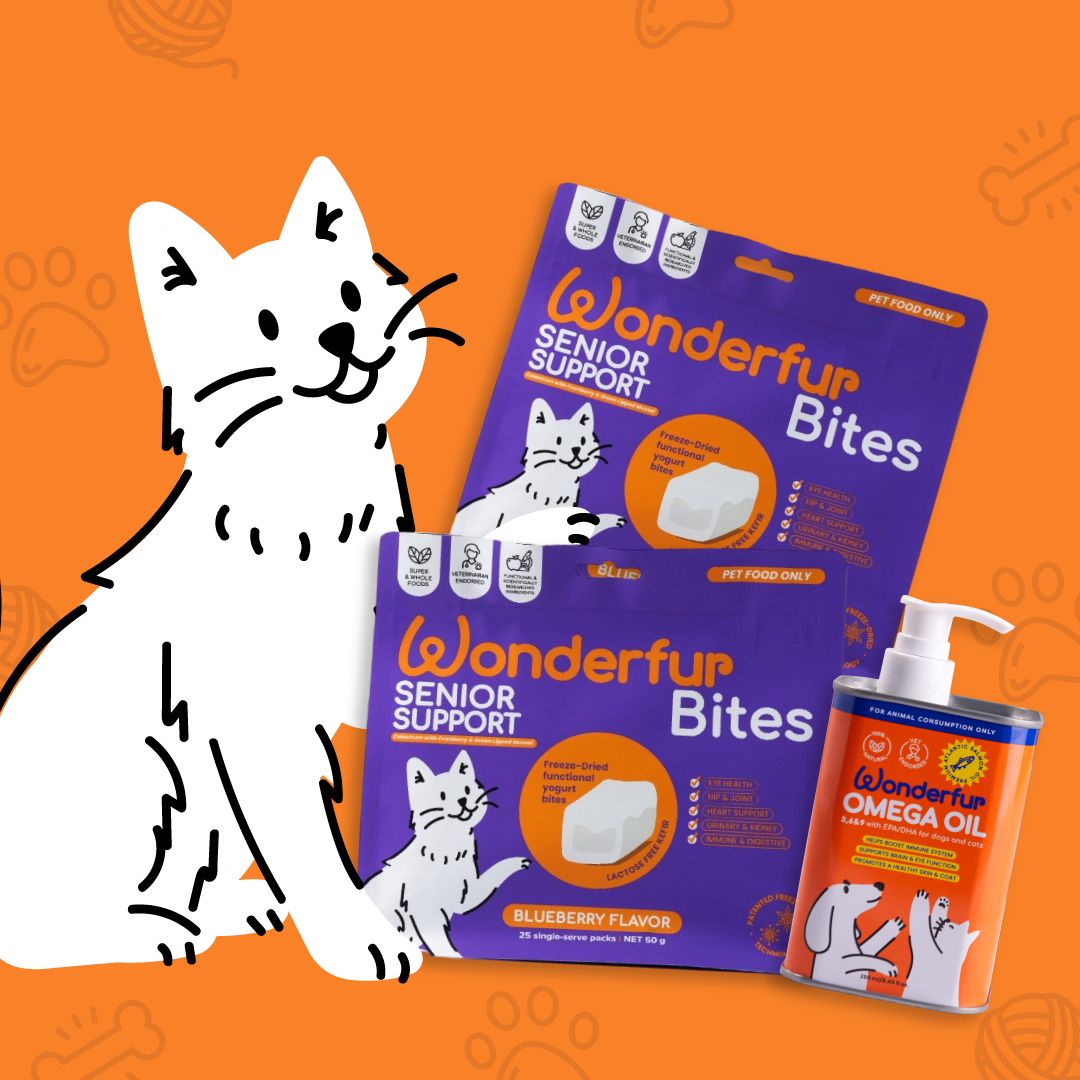7 Reasons Your Older Cat Is Losing Weight: What to Do Next?
Some believe that weight loss in older cats is quite natural as a part of ageing and is bound to happen. But no, these are not the facts at all. Although some weight loss is fine and is a part of the whole old-age story, considerable weight loss or sudden weight dropping is often an indicator that something isn't right health-wise.
Our purpose in this blog is to go against this very dogma— that weight loss in senior cats means the end of life— and to share with you common reasons and ways of controlling this issue. We'll also discuss common causes of weight loss and how to address it, including providing your cat with the best cat treats to maintain their health and weight.
What Causes Weight Loss in Older Cats?
Normal Aging Process
Weight loss can occur from a slowing metabolism in older cats. Changes that occur in the normal lifecycle processes of a cat usually include changes in the metabolism of an ageing cat, which leads to the malfunctioning of the nutrient processing system in the body.
Decreased appetite, digestive function modifications, and reduced activity could also contribute to weight loss in an aged cat. Keeping watch for the changes is important, and in a situation where the cat is losing weight significantly, consulting the veterinary expert becomes imperative. Sometimes, cat vitamins can contribute to addressing some nutritional deficiencies related to ageing.
Cancer
The most common sickness that results in fast weight loss in your cat is cancer. In some cases, tumours can interfere with nutrient absorption even if your cat appears to be eating well.
Cancer may also lead to cachexia, which is considerable muscle wasting with a substantial loss of body weight. If you realise your cat is losing significant muscles without an obvious cause and any other indications like laziness, or changes in how it acts, then make sure you visit a vet promptly.
For some cats undergoing cancer treatment, healthy supplements for cats might contribute to supporting overall health and recovery.
Chronic Kidney Disease
Chronic Kidney Disease (CKD) is common in older felines and this condition often ends in severe weight loss. The fundamental cause of the buildup of waste materials in the blood is a decreased kidney filtration rate. Due to this, your feline may become unwell, feel nausea, and consequently the appetite will be reduced, leading to weight loss.
Increased thirst, urinating more frequently, and sluggishness are some of the symptoms. Some healthy supplements for cats can contribute to helping with the symptoms of CKD.
Hyperthyroidism
A condition where your cat’s thyroid glands produce excessive hormones resulting in metabolism increase is called hyperthyroidism. Most of the time, this encourages appetite boost but unforeseen weight loss may occur regardless.
If a cat is being fed more and still losing weight, then hyperthyroidism may be one of the causes. While treating this condition, you may promote your cat's general health by making sure they get cat vitamins.
Diabetes
Diabetes is another condition that can lead to weight loss in cats. This condition impairs the body's capacity to control blood sugar levels, which increases thirst, appetite, and frequency of urine.
Due to the body's inability to efficiently utilise glucose, diabetic cats may experience weight loss despite having an increased hunger. Special senior cat treats formulated for diabetic cats can contribute to managing the condition.
Dental Issues
Issues with gum line, the teeth, or other forms of cavities will make your cat dislike food, making them reduce weight. Chewing slowly or disinterest in food are telling signs of an underlying oral problem.
You can prevent such problems with regular check-ups and cleanings, but once you notice signs of discomfort or changes in eating habits, a visit with the vet should be scheduled. Best Cat Treats and cat vitamins may also contribute to dental health and better nutrition.
Sensory Decline and Behavioral Changes
As cats age their senses of taste and smell may diminish so food becomes less appealing. If combined with reduced mobility from arthritis or other age-related conditions, this can result in reduced food intake and subsequently weight loss.
Older cats may also have developed behavioural changes that are disturbing their eating habits like anxiety or depression. Giving vitamins for senior cat may contribute to supporting health and improving quality of life.
Symptoms to Watch For Weight Loss in Older Cats
It's essential to be able to spot weight loss in older cats. Signs to look for may include the following:
- Decreased Muscle Mass: It may manifest as an apparent loss of muscle and visible bones.
- Changes in Eating Habits: Hesitancy in eating or leaving the meal uneaten could indicate an issue with the teeth or another health issue.
- Decreased Activity: If the cat is unwell or in discomfort, it could be less active.
- Increased Thirst: A warning sign for diseases like diabetes or kidney problems is excessive thirst.
- Behavioural Changes: Expressions of pain or distress may include increased vocalisation, hiding, or a shift in grooming routines.
When to Seek Veterinary Attention?
You should consult a veterinarian if your old cat begins to lose a significant amount of weight. They will perform a thorough check-up, including blood samples and other tests, to determine what is really happening.
Knowing everything on time can really make a big difference in managing your cat’s health and improving its quality of life.
How to Support Healthy Weight Gain in Older Cats?
Once you have identified what is causing weight loss, then the focus should be on supporting your cat's health.
Here’s is how to help your senior cat maintain a healthy weight:
-
Provide High-Quality Cat Vitamins
Ensure your cat receives high-quality nutrition. This is achieved through a balanced diet and vitamins for senior cat formulated for your cat's life stage and health status. This helps in the maintenance of the weight of the cat as well as good health.
Wonderfur has created a patented freeze-dried functional treats specially for senior cats. It is made from natural ingredients and delicious flavours your cat will love.

-
Offer Frequent, Small Meals
Rather than one or two large servings, older cats could benefit from smaller meals more often. This strategy can ensure cats get enough calories throughout the day and make eating more bearable.
-
Reduce Stress
The environment around cats has a big contribution to their stress and may affect their appetite and general health. Provide your cat with a quiet, comfortable space and mentally stimulate them with interactive toys.
Keep Your Feline Friend Fit!
Weight loss in older cats can be a result of normal ageing, disease, behaviour changes, and a number of other factors. You can give your cat the attention they require to live a healthy, happy life by keeping an eye on them and responding quickly to any changes in their condition.
If you are worried about your cat’s weight or general health, seek advice from your veterinarian.

